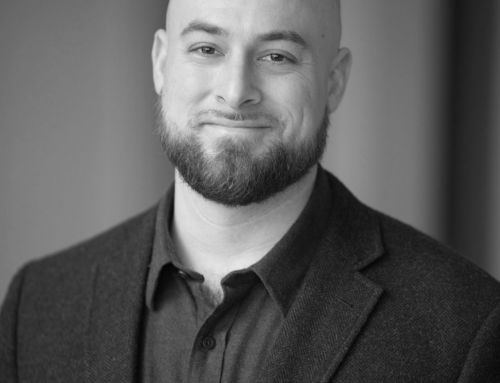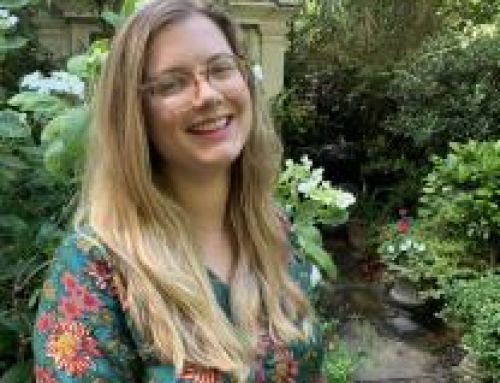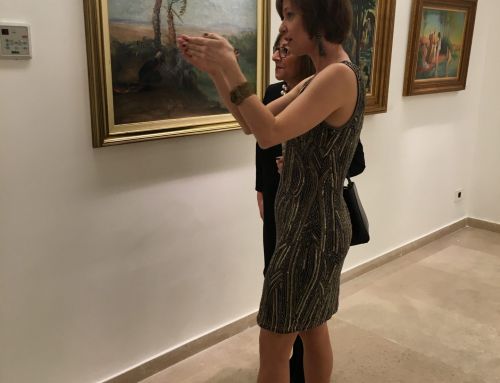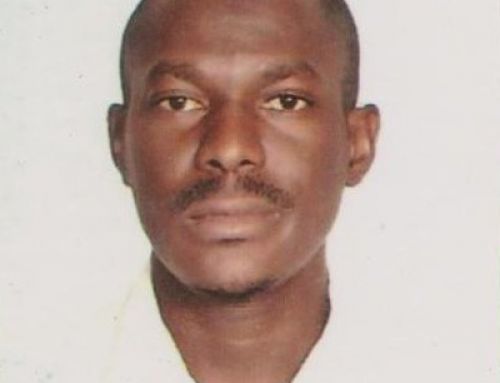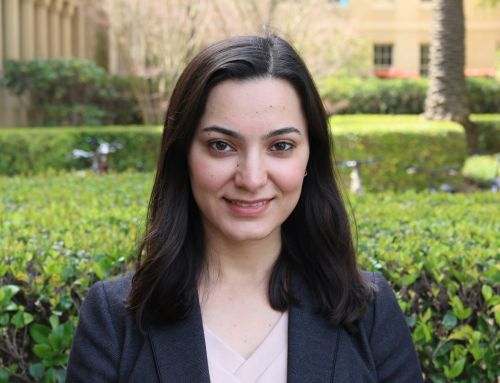Paul Reynolds (from 2006, ICREA/Universitat de Barcelona) is a leading specialist in Roman to late Antique and early Islamic ceramics, trade networks and economic history of the Mediterranean, based primarily on the archaeological evidence for the production and distribution of table wares, amphorae and kitchen wares.
Following a B.A. degree at the Institute of Archaeology (UCL) in 1980, his PhD (also UCL) focused on the Late Roman, Byzantine, Visigothic and early Islamic phases of pottery and settlement in south-eastern Spain as well as providing a detailed review of ceramics and trade in western Mediterranean ports (published as BAR International Series 588 and 604). Moving in 1996 to Lebanon to work on the Classical to early Islamic pottery of the British Beirut Souks excavations, his research here and in Syria (Homs, Ras al Basit, Zeugma), in Albania (Butrint, Durres), Bulgaria (Nicopolis, Dichin) and more recently in Greece (Nicopolis, sites in Thesprotia, Patras, Lechaion-Corinth, Athens-Agora), shifted to the eastern Mediterranean. A synthesis of this work, with an overview of Mediterranean trade from the Black Sea to Atlantic Britain, was published in 2010 (Hispania and the Roman Mediterranean, AD 100-700: Ceramics and Trade). In North Africa he has studied Roman and Islamic ceramic contexts in Leptis Magna, Carthage and, more recently, in Utica, where excavations of the 10th-11th century Arab occupation in the Roman Forum have provided the ceramic and faunal assemblages that are the focus of this project.


